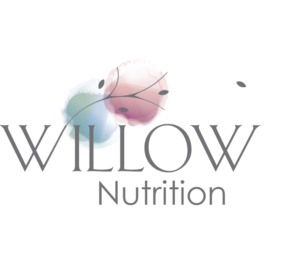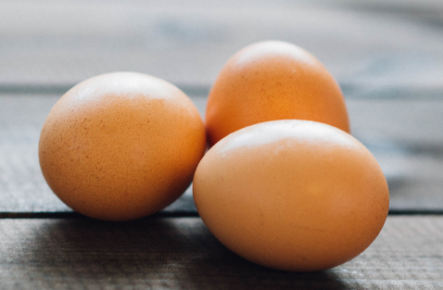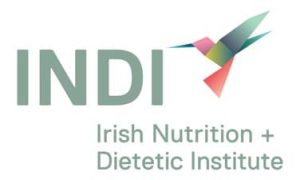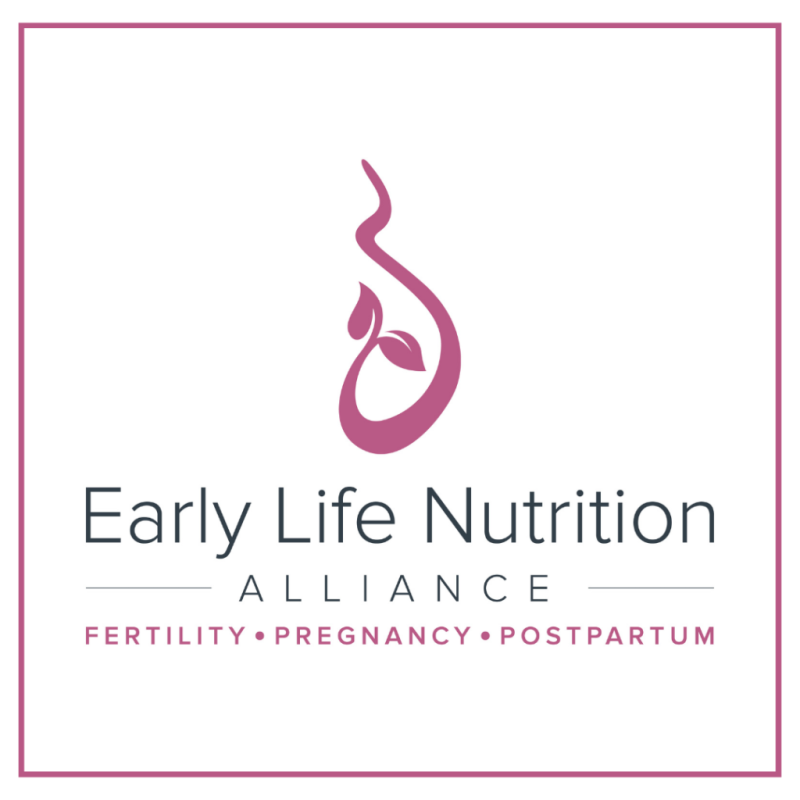What Is Choline? And Why Is It Important For Fertility?
Choline is a relatively new kid on the block when it comes to fertility nutrients. However that doesn’t mean that it is any less important than its famous friend folic acid, in fact, choline is thought to work with folic acid to help form the neural tube in the womb. It is a critical vitamin-like nutrient (yet not a vitamin, nor a mineral which can be confusing).
There are many nutrients which are recommended to enhance our fertility and optimise outcomes of having a healthy pregnancy such as folic acid, omega 3, iron and selenium so why is choline now being added to this list?

Why Is Choline So Important?
Choline is involved in many bodily processes, such as the structure of our cells, transporting fat around the body, creating our genes and creating messengers for our nervous system to work properly.
In both animal and human studies, choline has been shown to enhance cognitive function in offspring when choline was supplemented during pregnancy influencing the risk of lifelong memory function (Irvine et al 2022).
Choline is also one of the building blocks for the baby’s cells when they develop in the womb and necessary for the expression of your baby’s genes and cellular health too (Wallace, et al., 2018).
It has also been found to be important for the health of your placenta and the transfer of nutrients to the growing foetus across the placenta. One human study found that a higher maternal choline intake in the 3rd trimester of pregnancy, could alter the expression of your genes that regulate placenta blood vessels and stress reactivity (Jiang et al., 2012).
There are also high levels of choline in our breastmilk and it has now become mandatory for infant formula companies to fortify their formulas with choline. Further demonstrating that the importance of choline is definitely gaining momentum.
How Much Do I Need?
Choline, like vitamin D, can be synthesised in the body but not in amounts sufficient to meet metabolic demands (Korsmo et al 2019).
Both the United States (US) Institute of Medicine and European Food Safety Authority (EFSA) have recognised that choline plays an important role in the human body and have established dietary reference values.
The EFSA recommends that adults aim to take in 400mg per day, increasing to 480mg for pregnant women and 520mg for lactating women (EFSA, 2016).
So optimising your choline intake prior to conception as well as during all stages of pregnancy and post-partum (if breastfeeding) is important.

Where Do I Get It From?
Choline is naturally found in eggs, meat, fish, legumes, vegetables and wholegrains.
Total choline content is highest in Beef liver, followed by eggs (raw egg yolk: about 670 mg/100 g food, whole raw fresh egg: about 290 mg/100 g food) followed by other meats and fish, whole grains, vegetables and fruit, and fats and oils (NIH 2022).
How To Boost Choline Intake In Your Diet Now:
- Eggs are a great source of choline in the diet as wellbeing cheap, quick to prepare as well as providing lots of other nutritional benefits – two eggs will provide you with 50% of your daily choline intake – try them scrambled, poached, in an omelette or frittata.
- Aim for chicken, beef, salmon or cod daily- all contain choline and are good sources of protein in the diet. Beef liver is the richest source of dietary choline however due to its high Vit A content, is not recommended in pregnancy.
- Beans & whole grains – particularly soybeans, kidney beans and quinoa. Make up a quinoa salad, adding in some tinned mixed beans, broccoli, cauliflower & chicken breast for a choline rich lunch!

Despite recommendations on baby formula fortification, choline is not routinely included in prenatal and general multivitamin supplements. It is important to look at how we can get choline in our diet firstly as with most nutrients. If you are concerned with your dietary intake of choline, ensure if needed you are provided with individualised supplement advice from a registered dietitian or your fertility doctor.
References:
- Irvine N, England-Mason G, Field CJ, Dewey D, Aghajafari F. Prenatal Folate and Choline Levels and Brain and Cognitive Development in Children: A Critical Narrative Review. Nutrients. 2022 Jan 15;14(2):364. doi: 10.3390/nu14020364. PMID: 35057545; PMCID: PMC8778665.
- Wallace, Taylor C. PhD, CFS, FACN; Blusztajn, Jan Krzysztof PhD; Caudill, Marie A. PhD, RD; Klatt, Kevin C. MS; Natker, Elana MS, RD; Zeisel, Steven H. MD, PhD; Zelman, Kathleen M. MPH, RD, LD. Choline: The Underconsumed and Underappreciated Essential Nutrient. Nutrition Today: 11/12 2018 – Volume 53 – Issue 6 – p 240-253. doi: 10.1097/NT.0000000000000302
- Korsmo HW, Jiang X, Caudill MA. Choline: Exploring the Growing Science on Its Benefits for Moms and Babies. Nutrients. 2019 Aug 7;11(8):1823. doi: 10.3390/nu11081823. PMID: 31394787; PMCID: PMC6722688.
- Jiang X, Yan J, West AA, Perry CA, Malysheva OV, Devapatla S, Pressman E, Vermeylen F, Caudill MA. Maternal choline intake alters the epigenetic state of fetal cortisol-regulating genes in humans. FASEB J. 2012 Aug;26(8):3563-74. doi: 10.1096/fj.12-207894. Epub 2012 May 1. PMID: 22549509.
- European Food Safety Authority. Dietary reference values for choline. EFSA Panel on Dietetic Products, Nutrition and Allergies (NDA) EFSA Journal 2016;14.
- National Institutes of Health (NIH) Office of Dietary Supplements (ODS). Choline fast sheet for health professionals.









